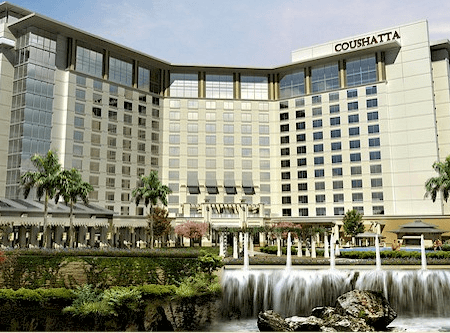Earlier in April, the proposed Martha’s Vineyard casino was given the legal go-ahead. However, since it received the green light from the law, the proposed project has started to receive strong opposition from local residents on the island in Massachusetts.

Tribe Gets Blessing for Martha’s Vineyard Casino
In mid-April 2017, the local Native American tribe, the Wampanoag Tribe of Gay Head, was in a court battle for the right to build a casino. Its request had previously been denied, and the tribe appealed the court’s decision. The federal court sided with the Native American group in its appeal, and it was granted permission to build the Martha’s Vineyard casino on its reservation property on the island.
However, since the decisions, local officials and residents have opposed the news and are trying to fight the ruling. Current plans will have the Martha’s Vineyard Casino built near the town of Aquinnah, which is located on the western edge of the island.
A spokesman from the town believes the current court ruling is incorrect. He believes that the town’s laws and those of the state apply to all tribal land on the island, including the laws related to gambling.
As it stands right now, the casino will house around 300 electronic betting machines, but there will not be any table games at this time. This is because the tribe will require a compact with the state in order to offer table games.
Town Brings Up Previous Agreement
The town’s people are arguing that the Wampanoag tribe does not have the right to offer gambling services on its land, as it agreed not to offer any games of chance when it received its federal recognition 30 years ago. The tribe, on the other hand, says that commercial gambling was legalized in the state in 2011, which makes the original agreement void.
In the end, there is very little the town can do. Their only legal option would be to try and take their case to the Supreme Court. However, the Supreme Court receives over 7000 requests every year and only looks into 80 of them.




